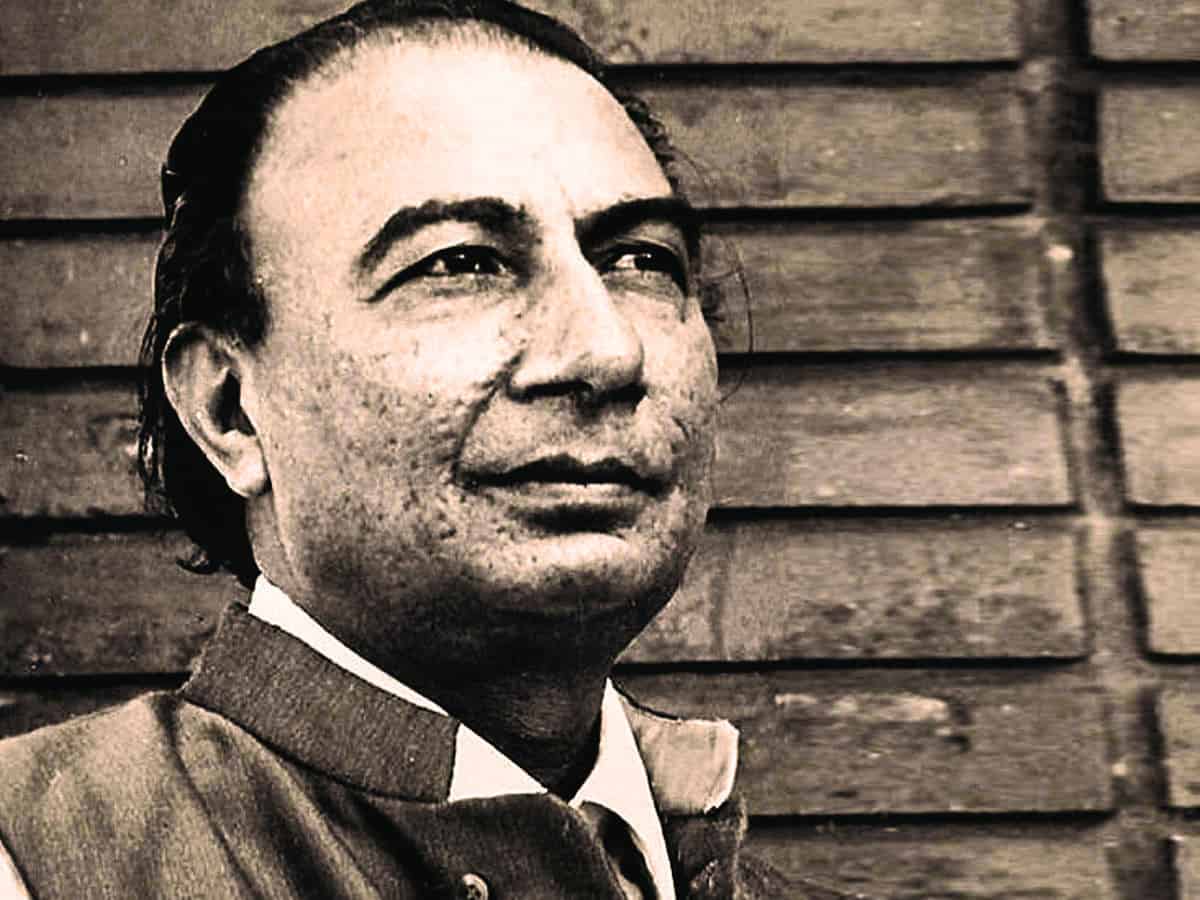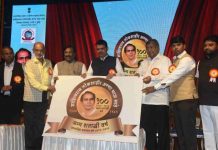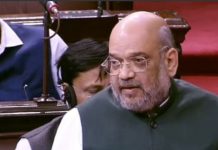
Govt’s sudden announcement of a complete lockdown when Covid struck, without even the basic level of preparedness, was akin to dictating: from this hour onwards, no food and water and shelter!
I’m just back from a radio talk-discussion on Mulk Raj Anand. And that’s got me thinking how our best known writers like Munshi Premchand, Mulk Raj Anand, Saadat Hasan Manto, and the so many other writers of that era would have reacted to these bulldozer times.
Don’t know how Munshi Premchand and Manto’s stories would have shaped. How very dark the colours and strains of grief and pain would have got… penetrating deep in their long and short stories. After all, these writers would have been just too upset and pained and grief-stricken.
Mulk Raj Anand would have been just too agitated and vocal, as he was all for the disadvantaged and the neglected and bypassed. He would have been out there in the lanes and by-lanes, standing in those marked localities; probably standing in front of the bulldozers, trying to prevent destruction of homes and livelihoods.
In fact, our destruction, as a people, has been on and accelerating in these recent years. I recall just before 2017 ended, Gulzar saab didn’t mince words whilst describing in his own special way, the halaats around. Commenting, that if one were to pick up the day’s newspapers and squeeze those newspaper pages, drops of blood would spread around, because those pages would be so heavily laced with news reports of violent killings!
And as the winter peaked in 2019, so did the protests against CAA-NRC- NPR. Students and activists took to the streets, protesting, making it absolutely clear that they do not trust this government’s controversial policies. Indians settled in the different lands of the world echoed similar sentiments — halt the dangerous destructive moves, so that the country and its citizens could remain intact.
Coronavirus hit…hit hard at the start of 2020. It dragged along with it darker realities. With the police-wallahs overtaking all possible roles. Controlling human forms by the brute force. Unsparing even the young. Two images hit and hurt so much that it gets difficult to even describe. One image — that of a cop writing details to the lockdown on a young man’s forehead; a huge pen clutched in that cop’s hand went all over the forehead! It seemed worse than those dark ages! The other image — cops ruthlessly thrashing a group of Muslim men who had walked to the nearest mosque for namaaz. Instead of explaining or even scolding them for stepping out of their homes, they unleashed threats and abuses and lathis! Barbaric!
The political rulers of the day had stood exposed. To have suddenly announced a complete lockdown, without even the basic level of preparedness, was akin to dictating: from this hour onwards, no food and water and shelter! With that sudden announcement, our migrant workers and daily-wagers and labourers were subjected to the worst forms of abuse — poisonous chemical sprays sprayed on them even as they walked hungry and weary and forlorn, blatantly humiliated and thrashed by the lathi-wielding constables.

I’m told that even during the Partitioning times, relief-camps were functioning with food and shelter bandobast. If that level of preparedness was in place in 1947, then why not in these so called developed times!
And as one saw our hapless migrant workers and labourers and their entire families fleeing from here to there, it was frightening to say the least. One cried out: Is this the way the sarkar of the day should unleash … treat its citizens so very brutally and shabbily! Is this the way to silence the hapless workers and labourers and minorities? Is this the way to treat the citizens of this country? Is this the way to rule, rather misrule, to such an extent that the masses, want azaadi from all possible viruses — corona and fascism!
How I wish the progressive writers’ movement gets revived!
Maybe, just maybe, the destructive forces stand countered to a great extent if the Progressive Writers Movement gets revived and spreads out. After all, the Progressive Writers Movement wasn’t confined to any particular language or locale. Its strength lay in its strong base amongst the poets and writers from the different regions …with the very first session of the PWM chaired by Munshi Premchand. Not to be overlooked the significant fact that PWM was the very offshoot of the anti-colonial struggle; with that, it expressed the aspirations of the exploited masses.
Our leading poets, Ali Sardar Jafri and Sahir Ludhianvi, wrote verse after verse in solidarity with the Africans.
These lines of Ali Sardar Jafri: “This African, my brother /Picks flowers, in forest after forest/ My brother, whose feet are red /Red as roses…”
Also these lines of Sahir Ludhianvi written when Patrice Lumumba, the first prime minister of Congo and who was also a “staunch anti-imperialist” was deposed from office and then murdered: “Tyranny has no caste, no community, no status nor dignity/Tyranny is simply tyranny, from its beginning to its end /Blood however is blood, it becomes a hundred things /Shapes that cannot be obliterated /Flames that can never be extinguished /Chants that can never be suppressed.”
Today, sitting sad and forlorn, I’m reading, rather re-reading this verse of Sahir Ludhianvi (tucked in the pages of ‘Anthems of Resistance’ (India Ink/ Roli Books) by Ali Husain Mir and Raza Mir.)
This verse of Sahir seems so very apt for us, for the turbulent times we are destined to be surviving in:
“If there is a reason for my angry songs, it is this
That when I see the hungry farmers
The poor, the oppressed, the destitute, the helpless
My heart cannot participate in assemblies of pleasure
Even if I wish, I cannot write dreamy songs of love.”
*****
Of course, in the 1930s we were not as divided as we are today, with an ongoing partitioning of psyches, if not of forms.
I do realize these writers aren’t around but the pen is still around.
Let it bring to the fore the dark realities of the day, to as many as possible.













